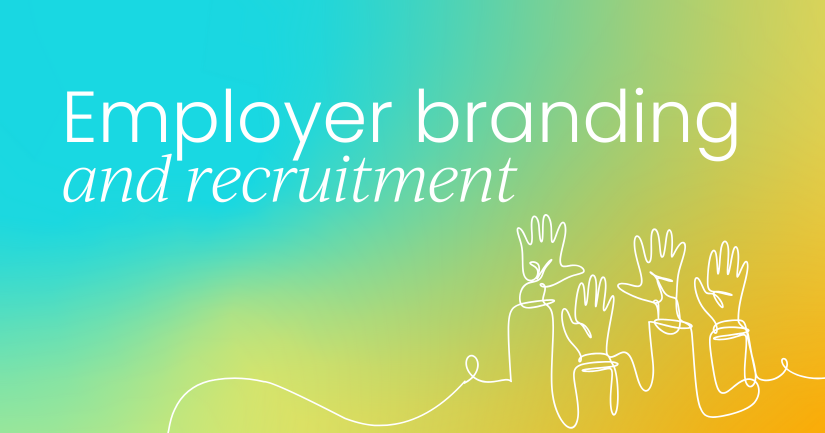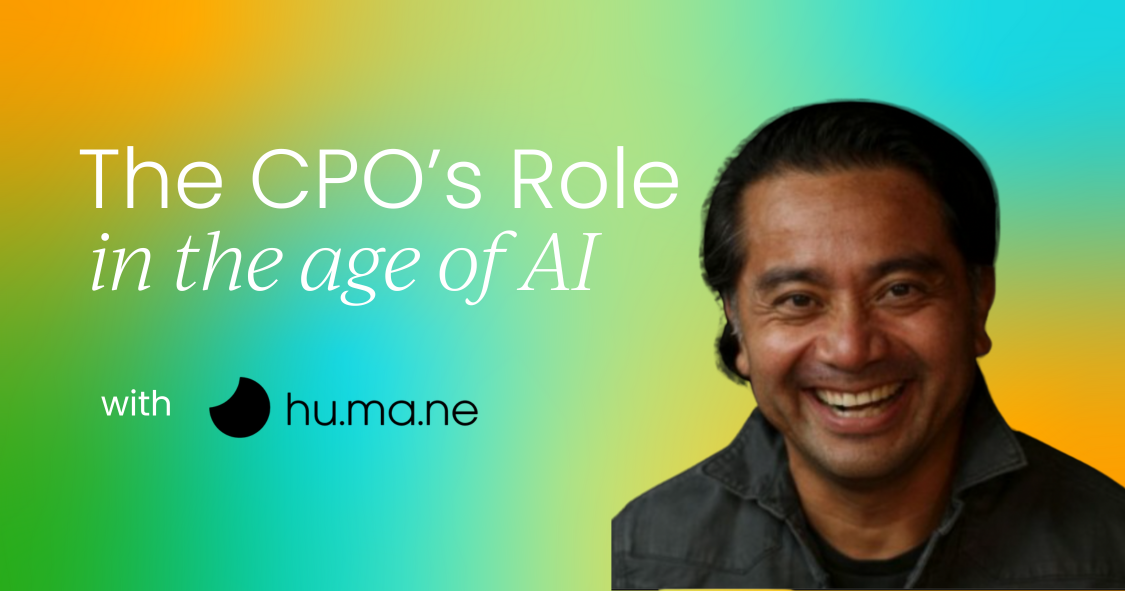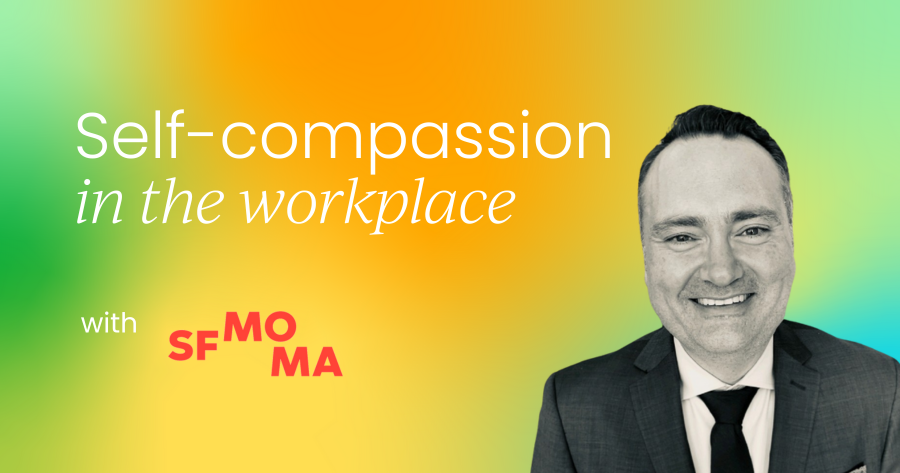Is where we work really that important?
Coming out of COVID, there was this massive push to bring everyone back to the office. But honestly, I kept wondering: why? We had already proven we could work differently. We adapted. We kept businesses running. We figured it out. And yet, despite all of that, so many leaders seem desperate to return to the old ways.
When I speak with others such as peers in the industry or the team I lead, it’s clear that there’s no one right answer. Some folks are remote-first, some hybrid, and a few are still going into an office full-time.
Me? I’m remote-first. We closed our New York and Bay Area offices. Kept Miami. Closed Buenos Aires. It wasn’t always popular, but it was necessary. And even with snacks, prizes, and every in-office perk we could offer, people just didn’t want to come back. That told me everything.
The debate on office return
It’s fascinating. You ask people what their preferred work style is, and there’s a wide mix. But ask how many CEOs or boards want people back in the office and the answer is almost all of them.
Why?
Leases, capital investments, and maybe even nostalgia for how things used to be. But here’s the thing... we’re not going back.
There is value in in-person work, especially for younger employees. When I started my career, I learned by observing different leadership styles, sitting in on conversations, and just being present. You don’t get that same exposure over Zoom. I worry about that for early-career folks. But that doesn’t mean the solution is dragging everyone back.

The value of in-person collaboration
Remote work has its challenges. It can be isolating and it can be harder to build relationships. Our mental health took a hit during the pandemic, no doubt. We all celebrated being super productive at first, then we hit a wall. We overdid it. There was no separation between work and life. Now, we’ve learned and we’re adjusting.
Still, some leaders want to bring everyone back. And I have to ask, do you not trust us? If we made it work during the worst of times, why the shift now? When someone says, "Come back to the office," what I hear is, "I don’t trust you to work without me watching."
That’s a broken contract and honestly, it’s offensive. We showed up and we delivered. We kept businesses afloat but now we’re being asked to go back because of outdated beliefs about collaboration and culture.
There was a time when people said culture only happens in the office. But during the pandemic, we found ways to innovate. We created rituals, we scheduled intentional time and we got creative. So, the idea that culture can’t thrive outside of an office? That’s outdated thinking.
Rethinking work structures
We need to rethink everything. When does work need to happen in person? Let’s plan for that. Give notice and be intentional. I love seeing my team, but I’m not going to an empty office just to sit on Zoom for eight hours.
And it’s not just about me. Think of the introverts, the parents, the folks who struggled through the pandemic alone. Everyone experienced this differently and we can’t ignore that. Flexibility isn’t just a perk, it’s a necessity.
Navigating the future of work
I’ve tried every approach, I really have. Facilities open, facilities close, remote-first policies, hybrid trials - you name it. Through it all, we’ve tried to be thoughtful. But there’s still this wild swing happening, and I haven’t figured out what’s next. Maybe no one has.
What I do know is that feedback is everything. We ask for it in surveys, and those comments are gold. I read them like a novel (glass of wine in hand) and I’m blown away by the insight. The problem is, we often ask but don’t act and I think that’s the real failure.
And sometimes, we need help. I brought in a people advisor from TPG, someone who understood exactly what I was trying to say. I had him sit in on our board meeting, and afterward he said, “Why are we even still having this conversation?” I was like, THANK YOU. Now go explain that to everyone else, please.
Even with a diverse board, even with women in key seats, I sometimes feel like we've forgotten how hard it is to manage everything - career, kids, commutes. It’s like we erased the past few years.

The importance of tools for remote management
The other piece that’s been a huge learning curve is manager capability. Some managers just don’t know how to lead remotely. And that’s not a judgment, it’s a skillset. If we want remote work to succeed, we have to invest in training our managers to succeed in this new world. Performance, communication, connection - it all looks different now.
And yes, the productivity myth? It’s mostly that, a myth. The data is out there and what you might not know is that productivity didn’t tank because people worked from home. But if you don’t give your managers the tools to support remote teams, then yes, performance may suffer. It’s not remote work that’s the problem, it’s the infrastructure around it.
Trust and flexibility in the workplace
Trust is the through line and always has been.
When we force people back, we’re signaling we don’t trust them. And yet, we built entire companies remotely and we made it work. That should earn trust, not skepticism.
We had offices all over the country. We’ve scaled up and scaled down. Though all of it, I’ve realized something important: what employees value most (far above perks or trendy offices) is flexibility and agency.
People want to work on meaningful things, with people they care about, in environments that support them. It’s that simple. If we take that away, we lose them and we can’t afford that.
Attracting and retaining talent
I say this with conviction: companies that figure this out (the ones who support their people, who provide flexibility and trust) those are the ones that will win.
People don’t come to work for kombucha taps. They come to do great work, with great teams. And if we’re serious about attracting and retaining talent, we need to design work around what people actually value.
We have to keep asking: what are we solving for? What work requires in-person time? What doesn’t? It’s complex, yes. But these are our people. They’re our most important asset and if we forget that, we’re in trouble.

Adapting to changing work environments
We’ve got to keep experimenting. That’s the hard part, but it’s also what makes this moment exciting.
Work has always evolved. We went from farms to factories, high-rises to cubicles, and now on Zoom calls. Humans adapt and we’ll keep figuring it out. If we stay open, stay curious, and above all, stay human.
At Ipsy, we’ve leaned into that. We do one big offsite a year where everyone comes together. We do quarterly, intentional face-to-face meetups. We plan them. We communicate. And guess what? People show up. They want to connect but we just have to make it worthwhile.
I don’t believe people never want to come in or collaborate. But they need time, planning and intention. Let them know in advance and trust that they’ll be there.
In the end, this isn’t about remote vs. office. It’s about designing work that makes sense for the business and for the people who power it.
We don’t have it all figured out. But we’re listening. We’re learning. And most importantly, we trust our people to help us shape what comes next.
Join us at Chief People Officer Summit
Join us in Silicon Valley on April 30, 2025, for an exclusive gathering of people experts to unlock strategies that will allow you to elevate employee experiences, drive workforce transformation and enable C-suite peers to become the best leadership team.
We’re bringing together people leaders for a day of unrivaled networking, learning, and discussion so you can:
- Build connections with your peers and grow your network C-Suite contacts
- Accelerate workforce transformation and upskill your org in the age of AI
- Understand your strategic value in unlocking growth through effective resource planning



 Follow us on LinkedIn
Follow us on LinkedIn



